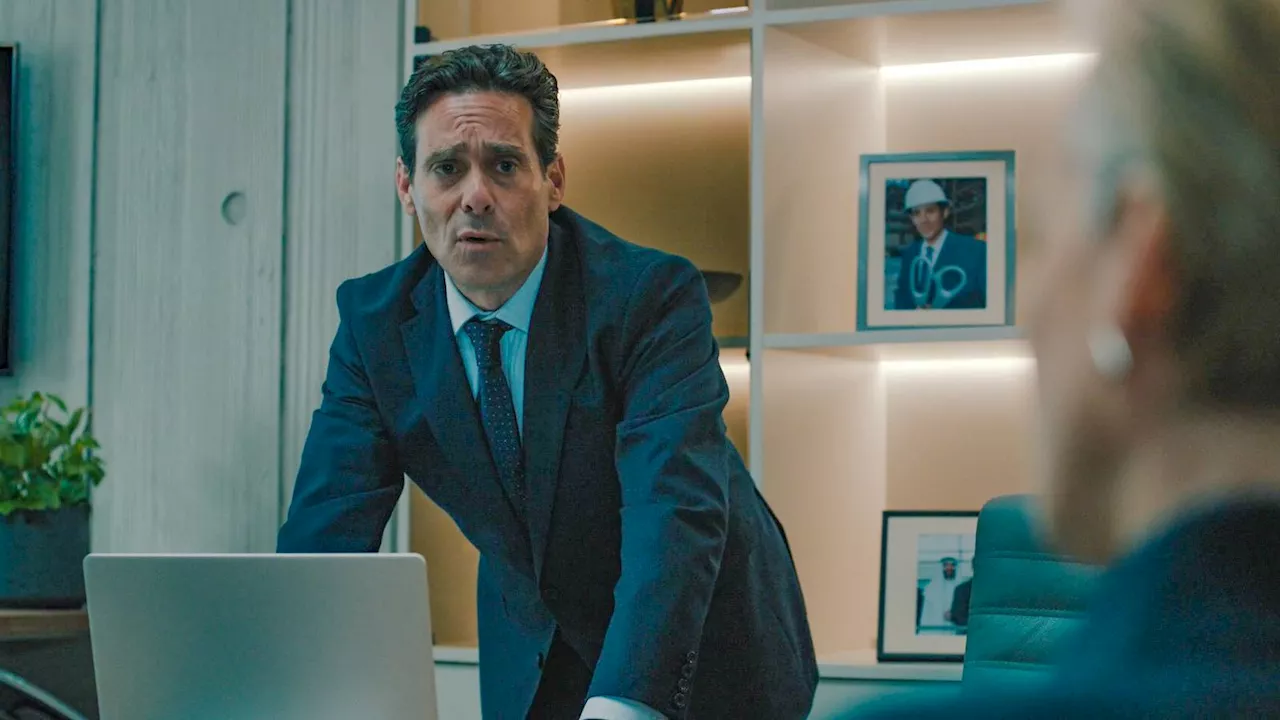The acclaimed Apple TV+ series, Slow Horses, has quietly shifted its narrative focus over five seasons, moving beyond its initial premise of a group of misfit agents within MI5. The show has garnered attention for its character development and intricate storytelling, showcasing the talents of a star-studded ensemble, including Academy Award Winner Gary Oldman.
Initially, the series centered around the dysfunction at Slough House, a designated outpost for problematic MI5 agents. These individuals, often seen as failures, are relegated to low-level tasks and denied access to the main MI5 headquarters without supervision. The stigma attached to Slough House has made it a target for higher-ups like Diana Taverner, who have used its agents as scapegoats to mask agency mistakes.
Despite the negative perception, the narrative has evolved. In its first season, Slough House was involved in a mission targeting suspected terrorists. Under the leadership of Jackson Lamb, the team successfully navigated the situation, clearing their names against false allegations. This early success set the stage for the series, as Slough House agents consistently demonstrated their capability, often outperforming their MI5 counterparts while remaining underappreciated.
As the series progresses, the dynamics within MI5 shift. The introduction of Claude Whelan, the newly appointed First Desk, aims to bring a more transparent and honest approach to the agency. Despite facing pressure from Taverner, Whelan’s leadership could provide an opportunity for Slough House to gain the recognition it deserves. His rivalry with Taverner may serve as a catalyst for change, potentially altering the perception of Slough House within MI5.
The evolution of Slow Horses reflects the complexity of the characters and their relationships with the agency. As they tackle significant political challenges, it becomes increasingly clear that their contributions warrant acknowledgment. Whelan finds himself in a unique position to advocate for these agents, which could reshape the future of Slough House and its role within MI5.
In the coming episodes, viewers are left to wonder how these changes will affect the narrative. The show has adeptly woven character-driven stories with broader themes of loyalty, redemption, and the often murky ethics of espionage. As the series continues to unfold, the anticipation for how Slough House will navigate its complicated standing within MI5 grows, promising a compelling viewing experience for audiences.
